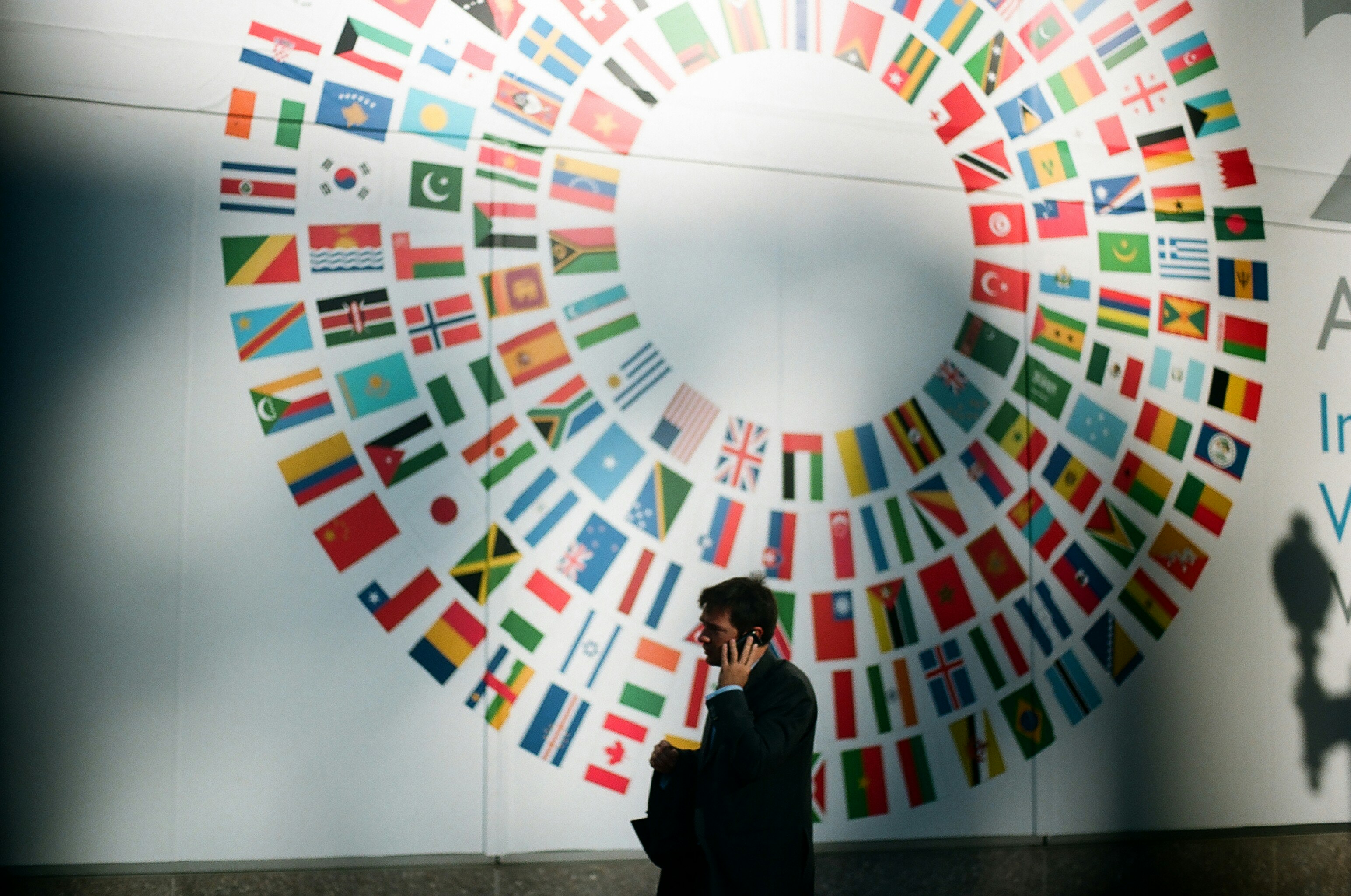When debt disclosure becomes a risk variable, transparency is no longer a moral imperative—it’s a market instrument. That’s the message behind the World Bank’s latest push for “radical debt transparency.” It’s a signal to both sovereign borrowers and opaque lenders: the days of under-the-table fiscal architecture are numbered.
But the push isn’t just about better data. It reflects a deeper strategic dilemma. As interest rates rise and liquidity tightens, many developing countries are turning to complex, off-balance-sheet borrowing—often under conditions that invite instability. This isn’t merely a disclosure issue. It’s a structural signal that sovereign finance has quietly decoupled from global accountability frameworks.
Since the onset of post-pandemic financial tightening, low- and middle-income countries have faced shrinking fiscal space. With conventional bond issuance becoming more costly and conditional multilateral funding slow or politically fraught, alternative instruments—central bank swaps, resource-backed loans, and private placements—have filled the gap.
Cameroon and Gabon’s use of “off-screen” deals, Nigeria’s multi-billion-dollar FX reserves entangled in past CBN contracts, and Angola’s bond-linked margin call crisis aren’t outliers. They’re symptoms of a deeper misalignment: the borrowing apparatus has evolved faster than the global reporting standards meant to monitor it.
When loan-level data remains buried, it skews credit risk assessments, raises the cost of future financing, and delays restructuring during downturns. This opacity creates blind spots—not just for rating agencies and investors, but for policymakers trying to coordinate macro-stabilization efforts.
The World Bank’s demand is bold but technically sound:
- Require granular disclosures of sovereign loan contracts
- Publish restructuring terms post-deal
- Audit debt positions routinely
- Push creditors—especially non-Paris Club actors—to unmask their balance sheets
This isn’t about ethics. It’s about stabilizing risk premiums in a world where bad surprises have real macro contagion.
Major lenders—including China’s policy banks and various Gulf-backed funds—have often resisted this level of transparency, citing national interest or commercial confidentiality. But this stance is becoming strategically untenable.
As Senegal’s IMF negotiations over prior debt misreporting show, undisclosed liabilities don’t stay buried. They resurface during stress, undermining credibility and weakening the borrower’s negotiating position. And when that happens, creditors take the haircut anyway—only later, and messier. Institutions like the IMF and World Bank are effectively stating: comply early, or restructure ugly.
Over 75% of low-income countries now report some debt data, up from 60% in 2020. But only 25% offer loan-level disclosures. That delta is no longer tolerable, especially as financial innovation outpaces regulation.
Transparency must be baked into the legal architecture of borrowing—not added as a reporting afterthought. That means legislative reform, not voluntary compliance. It means building national debt offices that operate more like data-clearing hubs than bureaucratic registrars. In parallel, global financial institutions need better detection tools—not just for fraud, but for financial engineering that mimics compliance while concealing risk.
Over 75% of low-income countries now report some debt data, up from 60% in 2020. But only 25% offer loan-level disclosures. That delta is no longer tolerable, especially as financial innovation outpaces regulation.
Transparency must be baked into the legal architecture of borrowing—not added as a reporting afterthought. That means legislative reform, not voluntary compliance. It means building national debt offices that operate more like data-clearing hubs than bureaucratic registrars.
In parallel, global financial institutions need better detection tools—not just for fraud, but for financial engineering that mimics compliance while concealing risk. As multi-instrument borrowing rises—including shadow lines from state-owned enterprises and contingent liabilities—lenders and watchdogs must monitor actual exposure, not nominal debt ceilings.
The strategic concern is straightforward: if markets cannot see a sovereign’s true balance sheet, they will price in uncertainty—or walk away entirely. That deters investment, slows development, and makes recovery harder in the next fiscal shock.
Moreover, the proliferation of bilateral creditors and non-transparent commercial lenders in Africa, Latin America, and parts of Asia has diluted the enforcement power of Paris Club norms. Countries like Zambia, which defaulted in 2020, saw delays in restructuring precisely because not all creditors came to the table with equal data or intent. Without harmonized disclosure, even the most well-meaning debt workouts become deadlocked.
The World Bank’s push, then, is as much about creating lender discipline as borrower reform. Transparency, in this sense, becomes the connective tissue of global financial governance—not just a reporting obligation.
Radical debt transparency is not a technocratic upgrade. It’s a political and strategic repositioning. It redistributes informational power from lender-dominated corridors to multilateral platforms and public scrutiny. The World Bank isn’t just warning of risk—it’s rewriting the baseline for trust in the global lending ecosystem. For borrowers, it’s an opportunity to reclaim fiscal credibility. For opaque creditors, it’s a challenge: adapt or exit the moral high ground.
Because in the next sovereign crisis cycle, what matters most won’t be the size of the loan. It will be whether anyone knew it existed in the first place.















